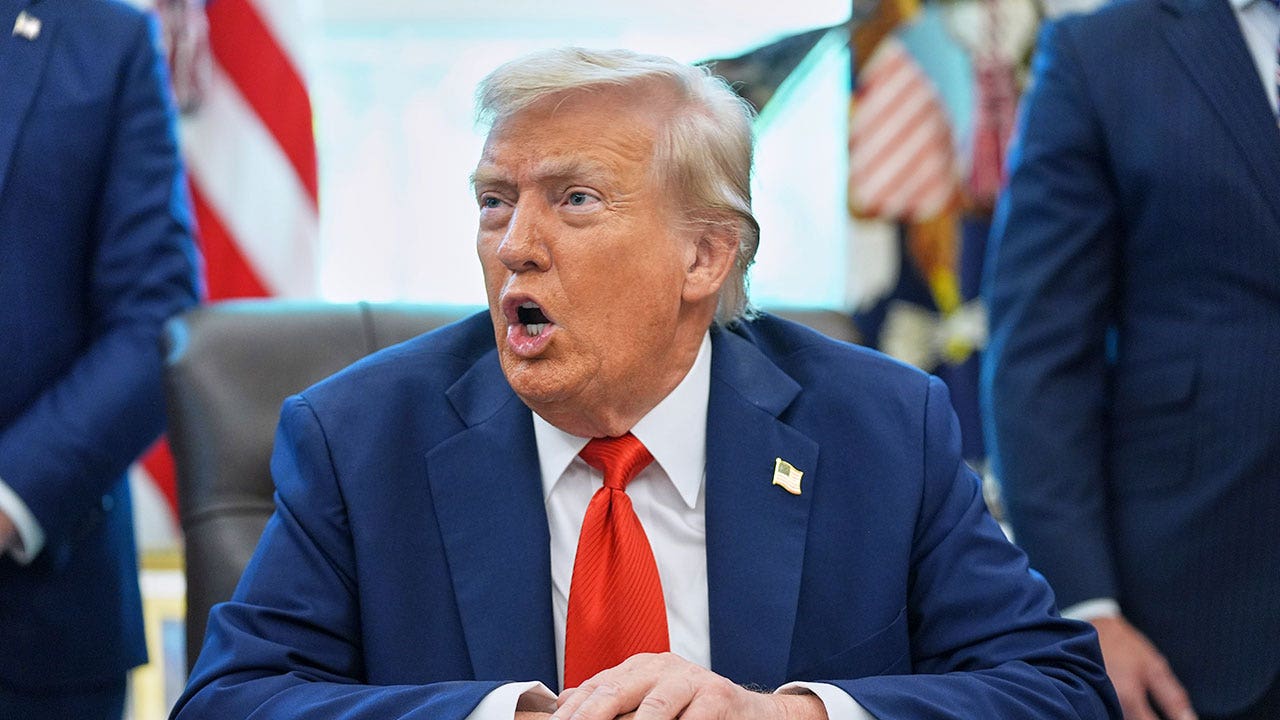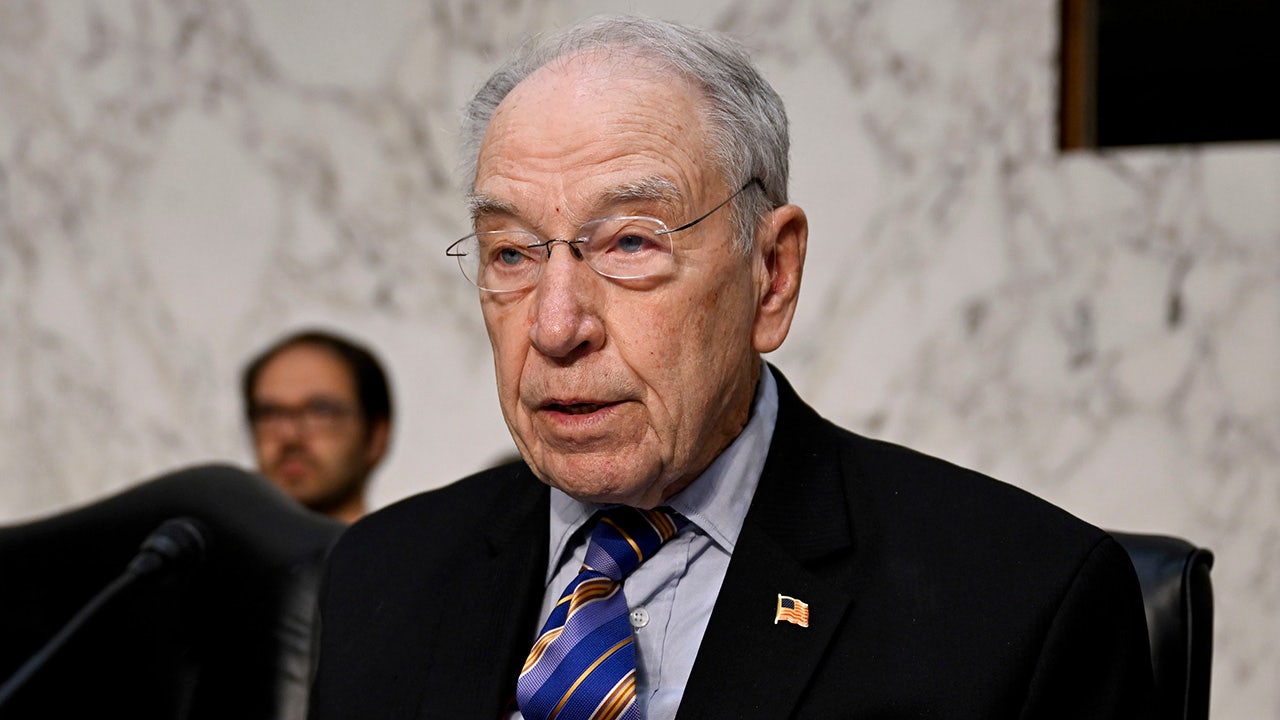Senate Blue Slip Rule Sparks Controversy Over Judicial Appointments
Senator Grassley defends the blue slip rule as essential for judicial confirmations, while President Trump argues it undermines his appointment powers amid partisan tensions.
Subscribe to unlock this story
We really don't like cutting you off, but you've reached your monthly limit. At just $5/month, subscriptions are how we keep this project going. Start your free 7-day trial today!
Get StartedHave an account? Sign in
Overview
- Senator Grassley supports the blue slip rule, emphasizing its importance for confirming President Trump's judicial and U.S. attorney nominees.
- President Trump claims the blue slip rule infringes on his constitutional authority to appoint federal judges and U.S. attorneys.
- Senators Cory Booker and Andy Kim have used the blue slip rule to block nominee Habba's confirmation, igniting significant controversy.
- The debate illustrates the ongoing tension between presidential appointment powers and senatorial oversight through procedural rules like the blue slip.
- This controversy highlights the partisan challenges in confirming presidential nominees, which affects the overall composition of the judiciary.
Report issue

Read both sides in 5 minutes each day
Analysis
Analysis unavailable for this viewpoint.
Articles (6)
Center (0)
No articles found in the Center category
FAQ
The blue slip rule is a Senate Judiciary Committee practice where home-state senators receive a blue-colored form to express approval or objection to a federal judicial nominee from their state. Returning a positive blue slip signals approval, while failure to return it or a negative slip can block the nomination from advancing in the confirmation process.
President Trump opposes the blue slip rule because he believes it infringes on his constitutional authority to appoint federal judges and U.S. attorneys, especially in states with only one Democratic senator blocking his nominees through this traditional Senate practice.
Senators Cory Booker and Andy Kim have used the blue slip rule to block the confirmation of nominee Habba, leveraging their home-state senatorial privilege to express opposition and halt the nomination, which has intensified controversy surrounding the rule.
Yes, the application of the blue slip rule has varied depending on the Senate Judiciary Committee chair and the political context. For example, during some periods, one negative or unreturned blue slip could stop a nomination, while in others, it served more as a significant factor without preventing consideration, reflecting evolving norms and partisanship.
The blue slip controversy highlights the significant tension between presidential appointment powers and senatorial oversight, creating partisan challenges that affect the overall composition and ideological balance of the federal judiciary, potentially delaying or blocking qualified nominees.
History
- 2M

 3 articles
3 articles





